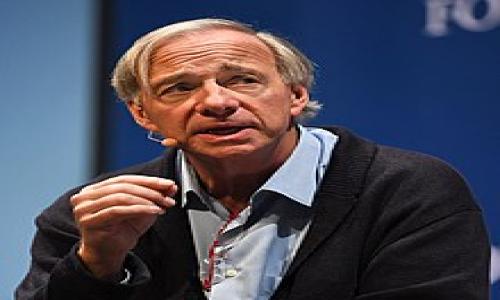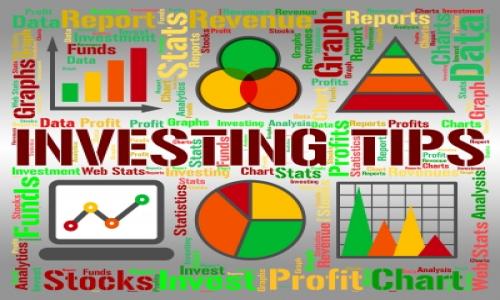The 10-year US Treasury had a record low yield under 3% during the middle of the market turmoil in March, but the yield around 3.30-3.40% as the market hovered near its low. As the market recovered, convention wisdom was that Treasury yields would increase, and they did, reaching 3.70-3.80% in July. The rational made sense that as risk appetite increased, market players would move out of their risk free investments and US Treasury rates would increase too. Economists also reasoned that the increase in US borrowing requirements would drive Treasuries higher as well. Many folks made a lot of money shorting Treasuries over this period.
Since July however the Treasury and the equity markets have decoupled. 10-year yields are back around 3.30-3.40% and the lack of a reasonable return in the risk free markets (or cash equivalents as the BestCashCow.com savings and CD rate charts demonstrate) seems to be driving money into equity markets. This has been caused by a number of events, with the latest impetus being Bernanke's reappointment (Bernanke is committed to keeping rates low).
Does this make sense? No. Ultimately, the US will need to issue tremendous amounts of debt in order to fund Obama's programs and the stimulus. That will lead to higher rates and a devaluation of the US currency. But, over the short term if there is a correction in equity markets in September or October, poeple will rush back into Treasuries and rates could fall still further.
My takeaway is shorting Treasuries is probably a very good long term investment strategy, but is likely to be very rough over the short term.
Full disclosure: I have had my head handed to me trying to short Treasuries. I still believe it makes sense, but I am reducing my position as we go into the Fall.



Comments
Sam Cass
August 27, 2009
Most investors are still jittery about the stock market and are keeping their money in safe investments. That's why the savings rate has gone from 0 to 7%. That won't change. This market rally is Wall Street driven so there is still tremendous worldwide demand for US Treasuries.
Plus, with the inflation rate near 0%, the inflation adjusted yield on a Treasury is higher.
Still, long term I agree with you. Massive borrowing will have to raise rates. As the Fed stops buying that will also put upward pressure on yield.
Is this review helpful? Yes:0 / No: 0
Add your Comment
or use your BestCashCow account